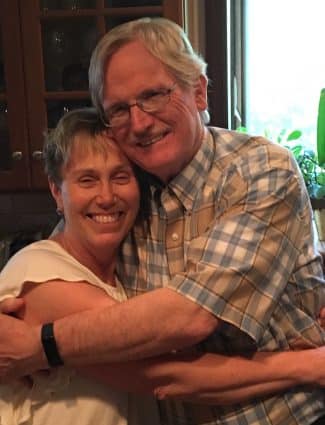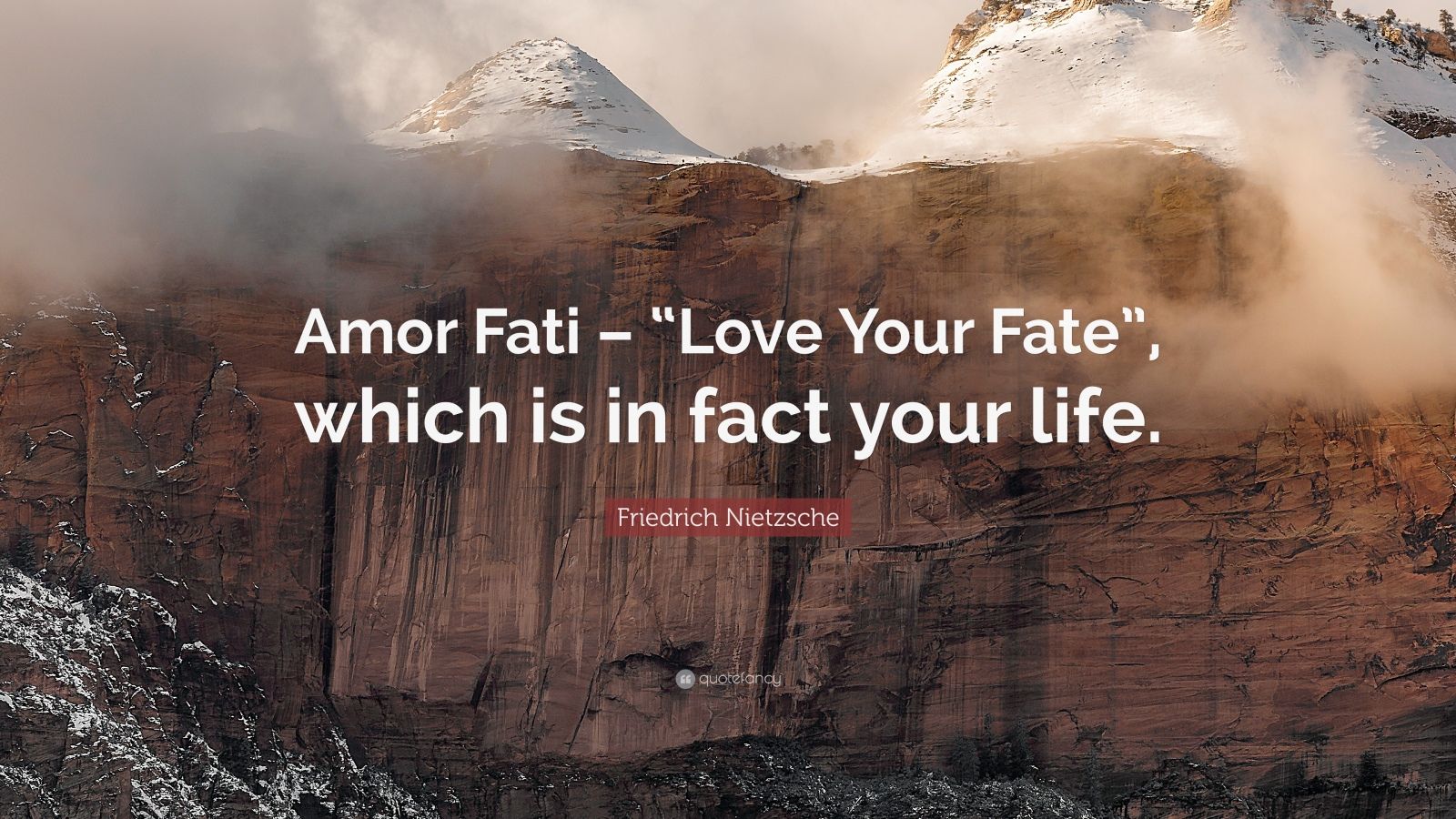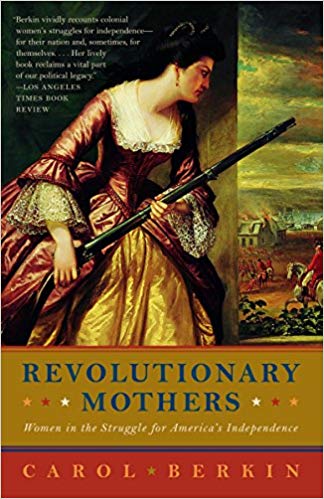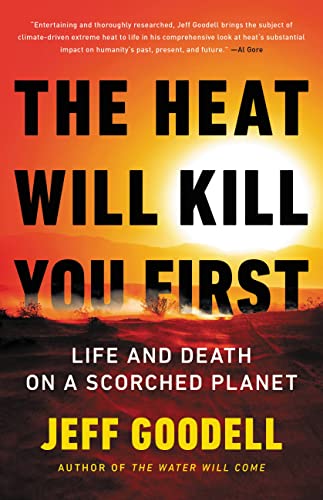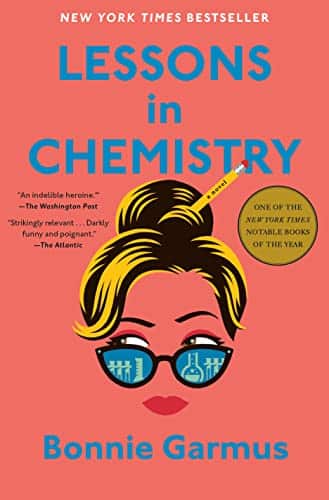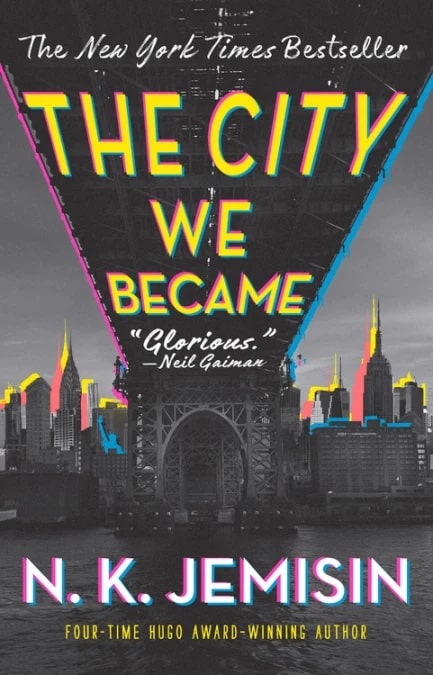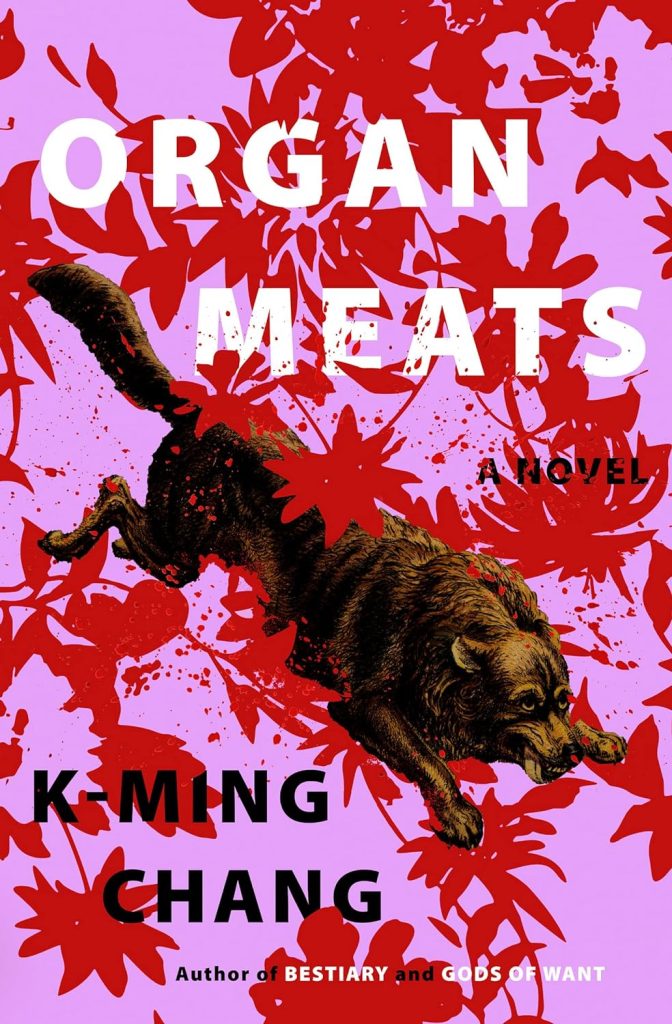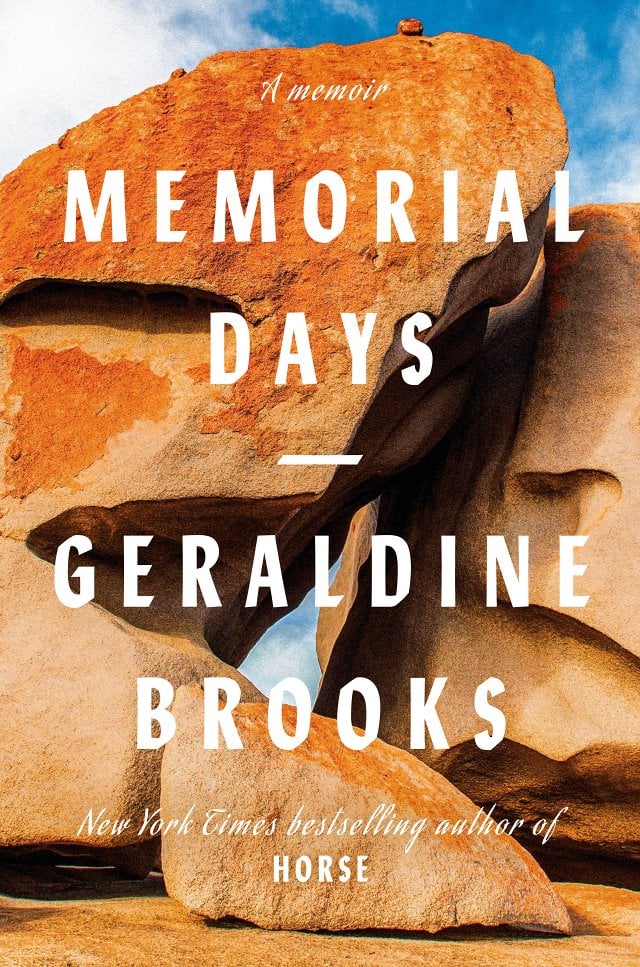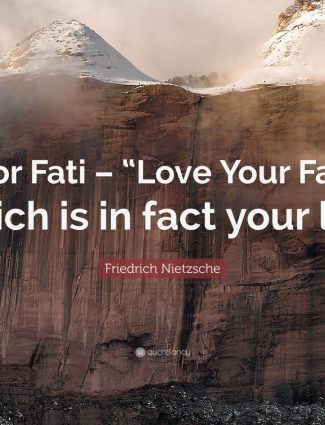
Amor Fati: Accepting My Life as Lived!
The Life I Have Lived is the Life I Love!
Estimated reading time: 2 minutes, 58 secondsA forceful knock on the door reverberated through my ice-cold apartment. Since the break-in the month before, the door had barely closed fully, a constant reminder of the intrusion. As I turned the doorknob, Mark stood in the hallway, flanked by my co-workers who lived in the apartment next door. I had expected them earlier in the evening, and I couldn’t help but wonder why they were all gathered outside my door at this late hour.
“We’re all set to head to the party,” Mark announced without waiting for me to ask why they were there. Glancing at the time, I informed them that it was too late to make it to Inwood. I made a point of reminding them that Sunday marked Earl’s birthday, emphasizing my decision.
As I tried to close the door, a teasing female voice from the hallway tried to coax me out, saying, “Jan personally invited you to her party. Are you afraid you might get lucky tonight?”
A surge of frustration coursed through me, tempting me to shut the door. However, the door’s instability made it difficult to close, so I opted to close it slowly, extending my arm to secure the lock.
As my dedicated readers know, I accompanied them to Jan’s apartment in Inwood on a bone-chilling night. Little did I anticipate that instead of the stroke of luck my neighbor had thought I needed, I stumbled upon the profound experience of true love, and with a single rose, my life was altered.
The trajectory of my life could have diverged drastically had I not embarked on that fateful journey on the L train, ultimately venturing to the northernmost terminus of the A-line. What if I had reconnected with my enigmatic college acquaintance or found myself pursuing academic endeavors in Austin at the esteemed University of Texas? The role of fate in our journey is something worth contemplating.
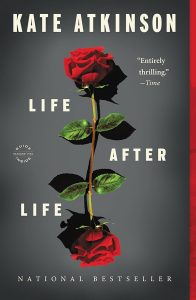
The main character, Ursula, seeks help from a psychiatrist who encourages her to embrace Amor Fati, which roughly translates to ‘love of one’s fate.’ As the story unfolds, Ursula comes to terms with this concept.
It means acceptance. Whatever happens to you, embrace it, the good and the bad equally. Death is just one more thing to be embraced, I suppose.
I read Ursula’s few sentences repeatedly as they resonated with me. It was fate that I made that trip to Inwood and fell in love with Jan. Other alternatives could have occurred that led to a similar outcome, but I have accepted that this was the one that was best for me. As much as I wish she were still alive, fate gave me a grief journey, which has been a great teacher, and I am confident that the painful path has made me a better person today. I have learned to love again but remain unsure if I am lovable. Yet, I am unwilling to forgo that fate might lead me into another era of bliss. Having embraced life after loss, I have learned to live fully, accepting that this is the life fate chose for me. The challenge that will stay with me for the rest of my days and nights is not how good or bad my life was but what I did to make life better. This acceptance of fate is what reassures me that I am on the right path.


